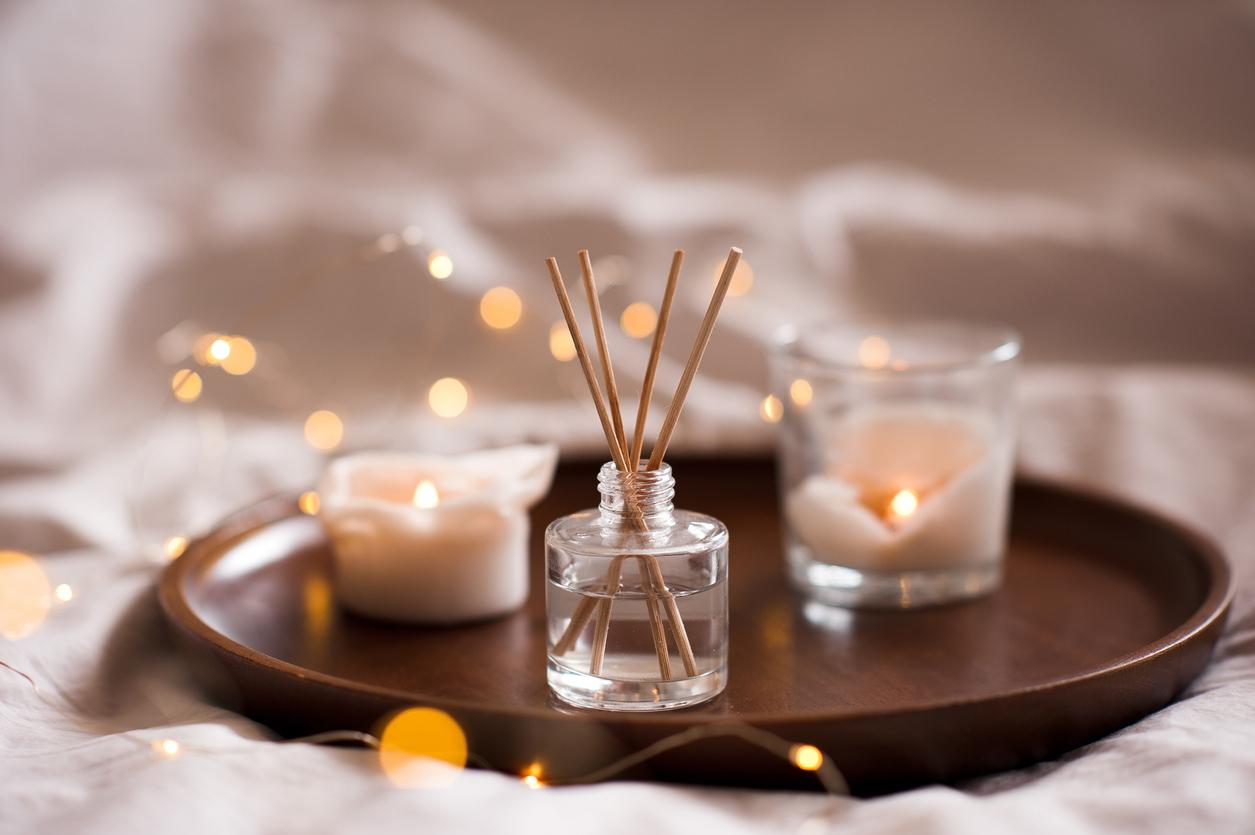
Relaxing oil from herbs, flowers and plants
Essential oils from herbs, flowers and plants. That’s what aromatherapy is all about. The scents of oils could have medicinal properties. The body would be able to repair itself better thanks to the smell.
Some therapists see aromatherapy as a separate form of naturopathy, according to others it is a branch of phytotherapy.
What can you expect?
Aromatherapy practitioners differ on how best to use oils. For example, what you might encounter:
- Oil being sprayed.
- A little oil is poured into a hot bath, after which the vapors are inhaled.
- A combination of candle wax and oil.
- A mixture of, among other things, oil that is used for a massage.
- A drop of oil taken orally. This is not possible with all oils, because some are irritating or too toxic.
Quality
There is no separate professional association for aromatherapists in the Netherlands. Various practitioners are affiliated with professional associations focused on naturopathy. Three larger professional associations, which are also recognized by most health insurers, are: Dutch Working Group Practices in Natural Medicine (NWP), Association for the Promotion of Alternative Medicine (VBAG) and the Association of Naturopathic Therapists. For conditions for membership and affiliated members see their websites. There are also practitioners who work as aromatherapists and who are not members of a professional association.
Effectiveness and safety
In regular medicine, aromatherapy is not considered scientifically effective. For some people, scents may be relaxing. Be careful if you want to experiment with aromatherapy yourself. Essential oils can be hazardous to health if used incorrectly. The EU has made clear labels on oils mandatory.
Compensation
Aromatherapy is an alternative therapy for which you can take out additional insurance. How much you are reimbursed depends strongly on your health insurance policy. Health insurers usually reimburse one maximum amount for all alternative therapies you choose, and a maximum amount per day. For reimbursement, most health insurers require that the alternative practitioner is affiliated with a professional association recognized by them. For aromatherapy, it also applies that some health insurers (partially) reimburse only a few branches of naturopathy. It is therefore possible that aromatherapy is not reimbursed at all with your health insurer.
Tips for safe use
Are you considering aromatherapy or any other alternative therapy? Four tips for safe use:
- Alternative therapies are called that because they have not been proven effective according to conventional medicine.
- Always see alternative therapy as a supplement to regular care. Not as a replacement.
- Inform the general practitioner and other practitioners. For example, tell your physiotherapist if you also opt for acupuncture.
- Be aware that some alternative therapies can carry risks. This also applies to regular care, but alternative therapies are simply less well researched.
Sources):
- Plus Magazine
















